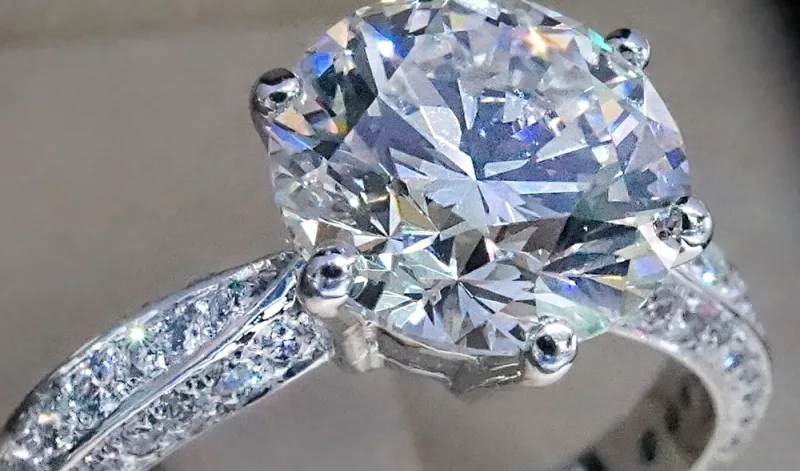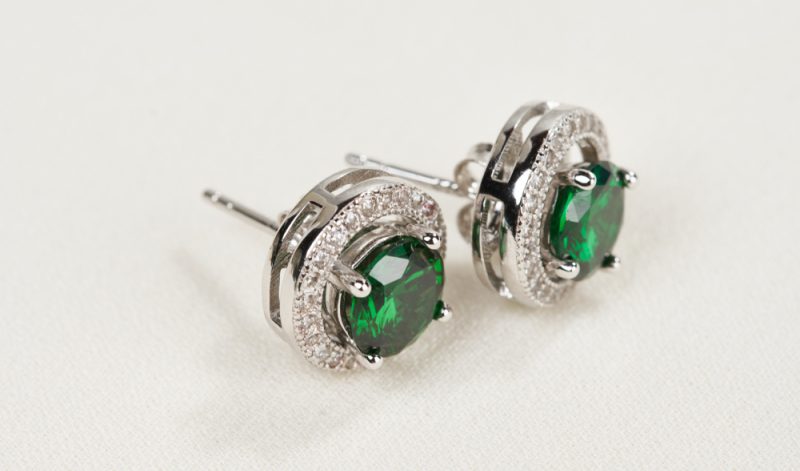Guest House V Bed & Breakfast – Whats the Difference?
The difference between a Bed and Breakfast (or as more commonly known a B&B) and a Guest House can often appear to be quite subtle, after all, both of these establishments are designed to provide temporary accommodation for paying guests. Insurance covering a wide range of perils for both buildings and contents can be purchased with slight differences in the covers depending on the type of business being operated.
When one thinks of a Bed & Breakfast, one tends to think of a smaller type establishment normally run by a proprietor that lives on the premises. The types of premises used for this sort of business range from normal residential properties, perhaps a terraced house or bungalow where the owners have a couple of spare rooms, through to popular countryside locations such as farmhouses. The services on offer are limited, mainly a self contained room and a meal. It’s almost like staying with a family as you tend to take meals in a communal room, often the kitchen or dining room of the owners property. Many persons prefer this type of accommodation as it does provide a ‘homely’ welcome when travelling. Most rooms will have an en suite facility although, in small establishments, it’s not unusual to have to share the bathroom. Rooms are equipped simply with basic furniture, a television and it is customary to provide tea making facilities for the guests use. In many bed & breakfast establishments it is now possible to obtain an evening meal although many of the small establishments tend not too. Guesthouses, which tend to be located in traditional British sea side resorts are not as fashionable as bed and breakfasts and in the main will contain more than five bedrooms, (or more than six paying guests) over the years some have obtained fierce reputations, probably because they are run on more commercial lines as opposed to the family B& B which are often run as a secondary business and offer a more personal service. A guest house business will tend to offer more facilities than a B& B and almost all will offer the visitor an evening meal.
The AA operate a rating structure for Bed& breakfast & Guest House establishments. From 2006, the diamond system was replaced by a system of stars. A premises could be awarded between 1 & 5 stars If a B&B, guest house or accommodation business has been assessed and recognised by one of the tourist authorities, then an application may be made to join the rating scheme. Briefly, the stars on offer signify the following standards.
- One Star – Minimum basic quality requirements for cleanliness, maintenance, hospitality, facilities and service. A cooked or substantial continental breakfast is served in a dining room or eating area, or in visitors bedroom only.
- Two-Stars – Guests can expect a more courteous service which should be provided, the rooms on offer will have well-maintained better quality beds, breakfast will prepared with a good level of care.
- Three Stars – A friendly welcome and good-quality, well-presented beds and furniture. will be on offer. A choice of good-quality, freshly cooked or prepared food will be available at breakfast.
- Four Stars – Attentive, more personalised service is offered. At least half of the bedrooms are en suite or will at least have have private bathrooms. Very good beds are provided and the furniture will be of a high quality. Breakfast offers a wide choice, and a high level of care is employed in it’s preparation.
- Five Stars – Nothing is too much trouble and these establishments seek to understand each guests needs. All bedrooms are en suite or have a private bathroom. Excellent quality beds and furnishings. breakfasts and meals will be of a superior quality.
The AA further describe guest accommodation as any establishment that meets minimum entry requirements to be listed. The types are as follows:-
- Bed &Breakfast – Accommodation for up to six paying guests provided in a private house by the owner.
- Guest House – Accommodation for more than six paying guests with the business run on a more commercial basis than a B&B. More services will be offered such as a evening meal.
- Farmhouse – Can be run as either a B&B or on a Guesthouse basis with accommodation provided on a working farm or small holding.
- Inn or Public House – This type of business will provide accommodation in a fully licence premises. The bar will be open to both residents and non residents. Evening meals will be provided
- Restaurant with Rooms – The business is designed to attract diners and forms the main core of the business, the food on offer will be of a very high quality. The premises must be licensed with a maximum of twelve bedrooms
There are further categories for Hotels which of course will offer more services again than a B&B or guest house business. A further type of establishment is classified as a Hostel. This is where the proprietor will provide rooms but allow the guests to make personal use of the cooking and cleaning facilities. Guests can cook there own meals and make use of the laundry room. This type of establishment is very popular with walkers and backpackers. As mentioned above, B& Bs and guesthouses may have slightly different insurance needs depending on how they are operated.





























